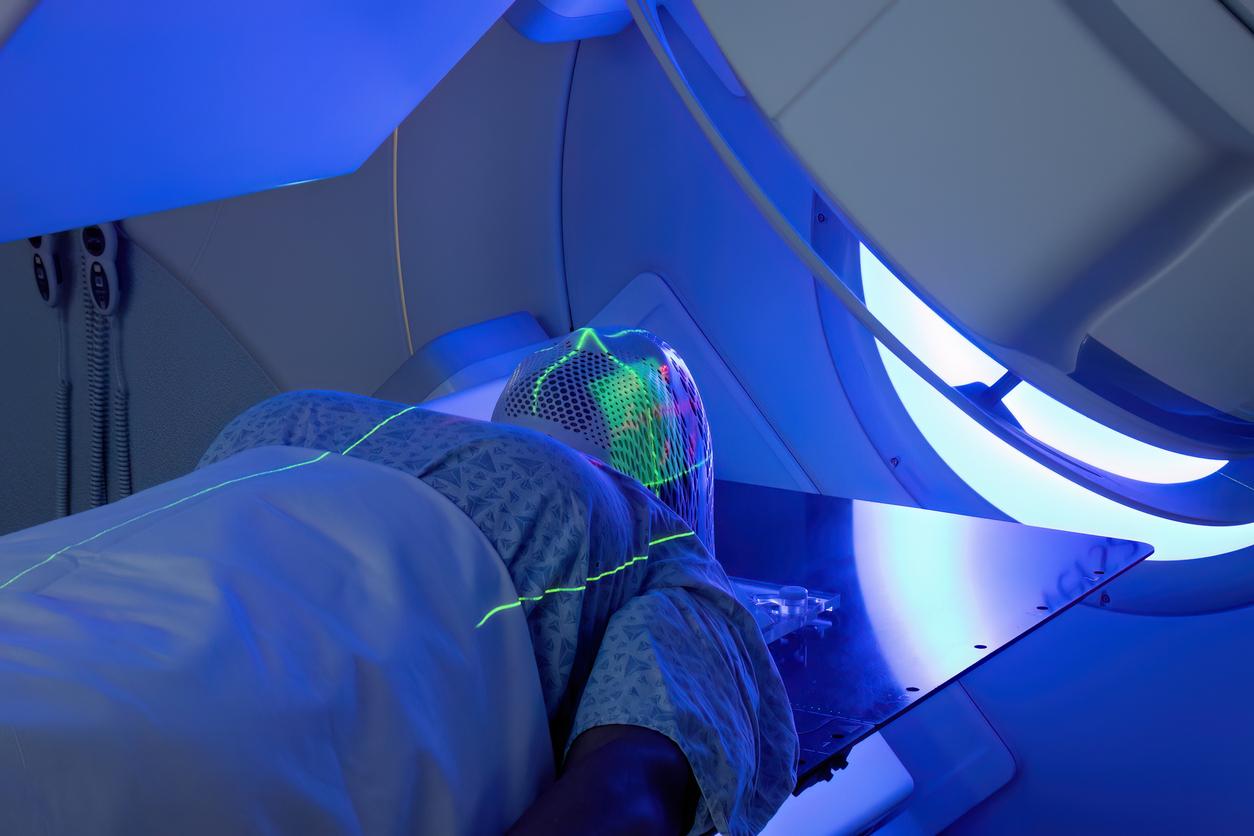To reduce the harmful effects of chemotherapy on fertility, hormonal treatment has been shown to be effective. Goserelin would allow women with breast cancer to double their chances of getting pregnant.

Between half and two-thirds of women treated for breast cancer will experience early menopause following chemotherapy. And for half of them, this phenomenon is unfortunately permanent. For all these women, the results of a study that has just been presented in Chicago to the congress of the American Cancer Society constitute real hope. This work reveals that there is now an effective option to preserve their ability to give birth.
Indeed, these researchers have found that a drug already known, called goserelin, could help protect women under 50 from this risk of early menopause, particularly increased after treatment for cancer. Specifically, chemotherapy increases the risk that these women will subsequently suffer from ovarian failure. This treatment often reduces the quantity and quality of the eggs stored in the ovaries. Today, the only option for these women to put all the chances on their side to hope to one day bear their child, is to resort to freezing of eggs or even embryos before starting their anticancer treatment.
A pregnancy rate multiplied by 2
“The effects can be devastating on the quality of life, especially since these women find themselves menopausal 10 or 15 years earlier than it would have happened to them naturally”, explain these scientists. To carry out this experiment, this team therefore included 257 premenopausal women with non-hormonal-dependent breast cancer. 2/3 of the volunteers were under 40 years old. Randomly, 131 patients received standard chemotherapy and 126 of them received chemotherapy combined with a monthly injection of goserelin.
Results, two years after the start of the trial, 45% of the women who had had the usual treatment for breast cancer were postmenopausal against 20% in the group of those who had also had the hormonal treatment. Finally, the researchers found that 1 in 5 women who had received goserelin were pregnant against 1 in 10 in the other group. “Preserving their fertility is a goal and an important concern for young women diagnosed with breast cancer and the results of this clinical trial offer a simple and new option that could potentially be applied to other cancers,” pointed out lead author of the study, Dr. Halle Moore of the Cleveland Clinic.
Less recurrence and better life expectancy
In addition, the other very important benefit highlighted by these results is that this new treatment would also have an impact on the life expectancy of women with breast cancer. Indeed, the authors found that in addition to reducing the risk of early menopause, goserelin improves patient survival. In the group of women taking goserelin, overall survival was better, with 92% of volunteers alive 4 years after their diagnosis, compared to 82% in the standard group.
The risk of recurrence also appeared to be less than high. For the authors of this clinical trial who presented their results at a press conference in Chicago on Friday, it is obvious that this discovery will change clinical practice very soon. “Premenopausal women starting chemotherapy for early breast cancer should consider this new option to prevent premature ovarian failure,” they conclude. Goserelin is a hormone similar to those produced naturally by the body. Currently, this treatment is approved by the FDA in prostate cancer, for certain benign gynecological disorders and certain breast cancers.
.

















